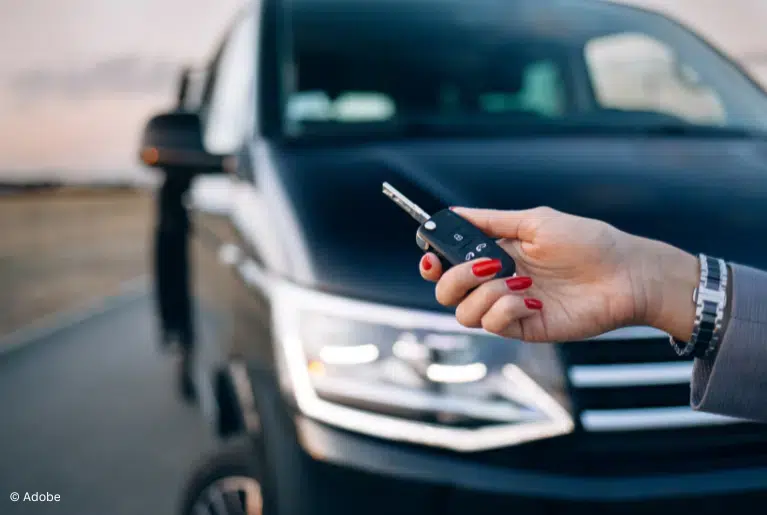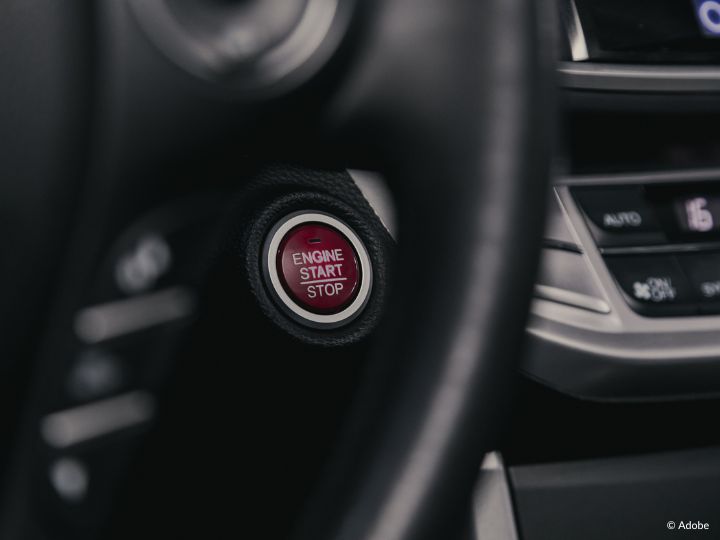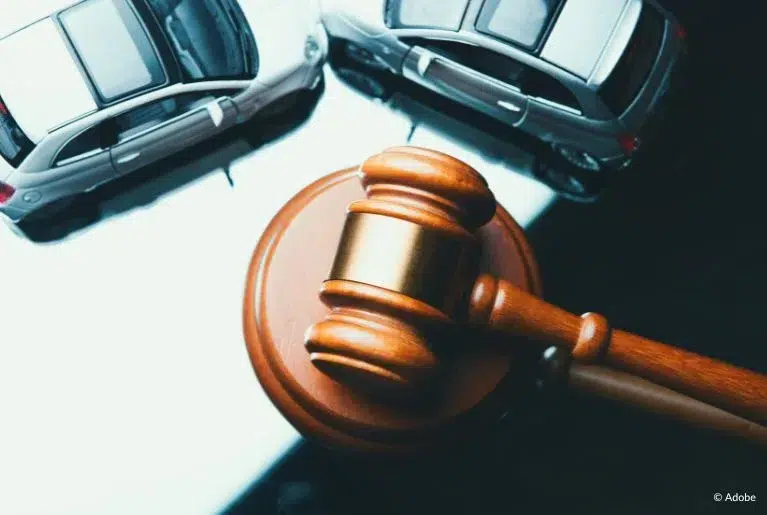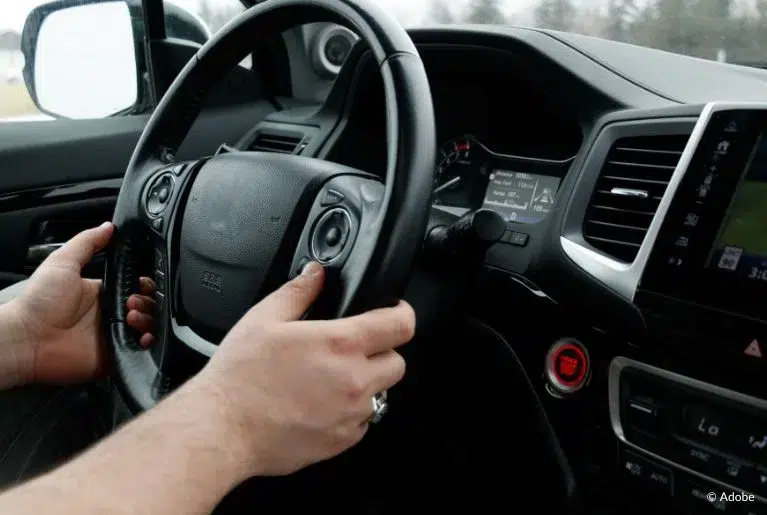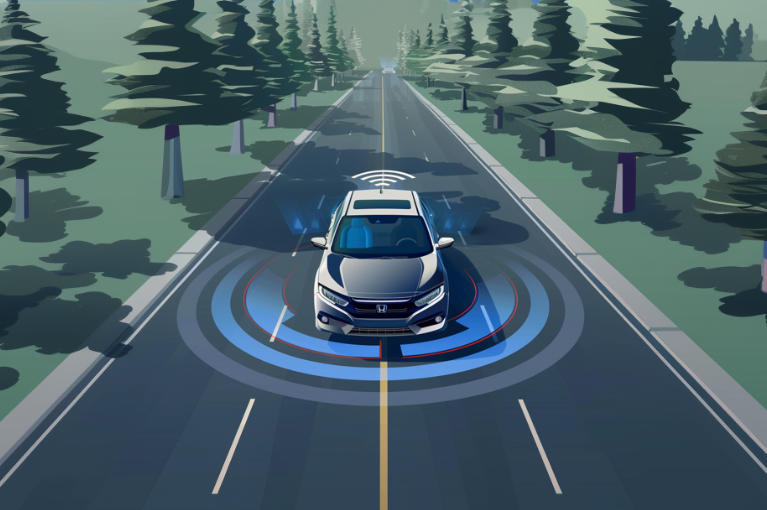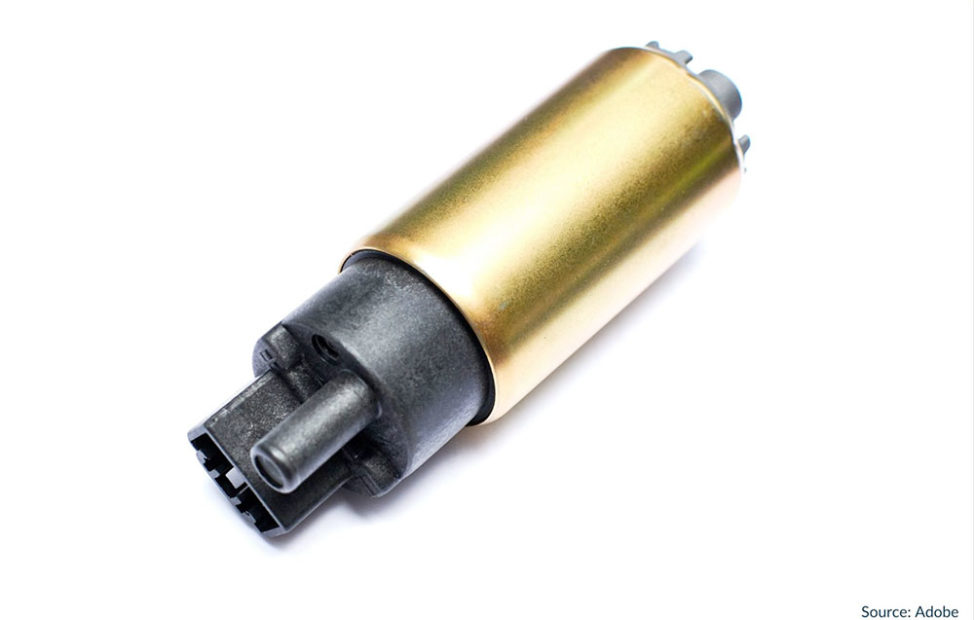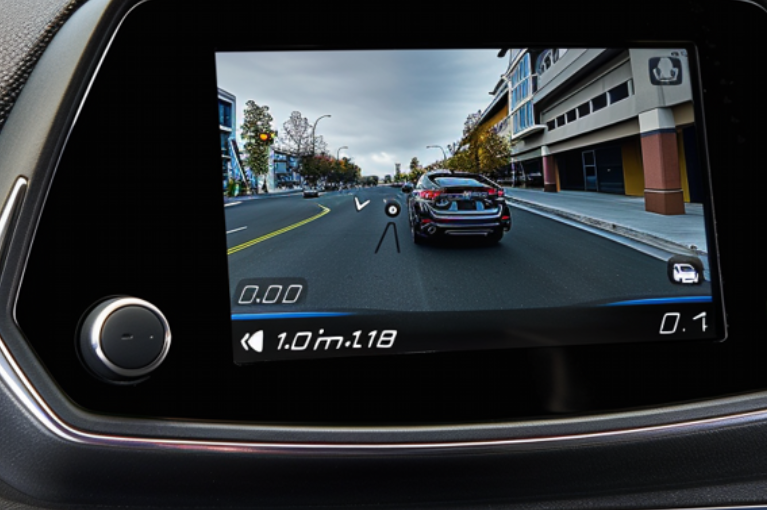Honda Civic, Honda CR-V and Acura Integra vehicles with stuck or locking steering wheels are subject to a Honda sticky steering recall of more than a million vehicles whose steering gearbox assemblies make it difficult for Honda and Acura vehicle owners to drive.
Electric power steering (EPS) systems defects allegedly cause Honda sticky steering incidents to occur at speeds at or above 40 miles per hour and as early as 2,000 miles into the vehicle’s lifespan, according to customer complaints.
The Honda EPS recall comes after 2022-2023 Honda Civic vehicles with faulty EPS systems prompted multiple class action lawsuits and investigations from the National Highway Traffic Safety Administration. According to these complaints, drivers were forced to respond to stuck or locked steering wheels by overcorrecting, which put them at risk of a crash.
Though Honda Civics were the primary targets of the Honda sticky steering investigations and lawsuits, the Honda sticky steering recall includes Honda CR-V, Honda HR-V and Acura Integra models with similar EPS defects.
TABLE OF CONTENTS
- Honda EPS Recall Details
- Honda Sticky Steering NHTSA Investigation
- Honda Sticky Steering Lawsuits
- Honda Steering Wheel Locking Defect: My Legal Options
Honda EPS Recall Details
Approximately 1,693,199 of the following vehicles have been recalled:
- 2022-2025 Honda Civic
- 2022-2025 Honda Civic Hatchback
- 2025 Honda Civic Hybrid
- 2025 Honda Civic Hatchback Hybrid
- 2023-2025 Honda Civic Type-R
- 2023-2025 Honda CR-V
- 2023-2025 Honda CR-V Hybrid
- 2025 Honda CR-V Fuel Cell EV
- 2023-2025 Honda HR-V
- 2023-2025 Acura Integra
- 2024-2025 Acura Integra Type S
Honda and Acura owners will notice a “sticky” feeling when trying to turn their steering wheels while driving. According to recall documents, the steering gearbox assembly was manufactured incorrectly.1
Specifically, the steering gearbox worm wheel was produced improperly. The worm wheel can swell during use, which reduces the grease film thickness between the worm wheel and worm gear. The worm gear spring preload was also set too high, which increased the sliding force between different parts.
The thinner grease film and the increased sliding force increases the friction between the worm wheel and worm gear, which makes steering more difficult for the Honda or Acura driver.
Honda and Acura owners will receive recall notices starting November 18, 2024. Honda and Acura dealers will replace the worm gear spring or add grease as needed.
Honda Sticky Steering NHTSA Investigation
Honda first received confirmed complaints of the sticky wheel issue on September 9, 2021 and began to investigate it in November 2022 following a market quality report.
In March 2023, NHTSA opened a preliminary investigation into 2022-2023 Honda Civic vehicles.2 At this point, NHTSA’s Office of Defects Investigation had received 145 complaints of “sticky steering” happening at highway speeds, particularly when the vehicles were at low mileages. Honda found that an issue with the worm wheel teeth might have caused the sticky steering problem and revised the manufacture of worm wheels. Specifically, worn down teeth might allow the worm gear to catch on the worm wheel.
Just before Honda unearthed the worm wheel teeth issue, it had sent a technical service bulletin (TSB 23-037) to its dealers, instructing them to respond to sticky steering complaints by removing the EPS gearbox assembly and replacing it with a new gearbox (but keeping the original EPS motor/control unit).3
By the time NHTSA ODI upgraded the investigation to an engineering analysis, it had received reports of 13 crashes caused by the sticky steering issue.4 The upgraded investigation now included 2022-2023 Honda Civic, 2023 Honda CR-V and 2023 Acura Integra vehicles, at which point NHTSA received 523 reports of Honda sticky steering incidents.5
Meanwhile, Honda continued to investigate the effectiveness of its revised worm wheel manufacture process. By September 2024, Honda received 10,328 warranty claims related to the issue.
Three months after Honda issued the recall, NHTSA closed its investigation.6
Honda Sticky Steering Lawsuits
Honda faced two class action lawsuits for its sticky steering issue, both of which were consolidated into a single Honda steering lawsuit. These Honda lawsuits focused on potential issues with the electric power steering systems, or EPS systems. The EPS systems are “variable ratio”, according to the lawsuit, which means the needed amount of steering wheel rotation to turn would change depending on speed and driving conditions.7
The Honda lawsuit alleges that Honda knew since at least 2016 that its EPS steering systems had one or more defects that caused its Honda and Acura vehicles to become harder to steer.
The plaintiffs alleged that the EPS steering systems would malfunction while driving at highway speeds. Drivers would have to apply “slight, but manual” force to free the locked steering wheel, which at best creates jerking movements and at worst, could lend to a car accident.
They experienced the Honda EPS steering system defect well within the time and mileage limits of their warranties. These warranties were “bumper to bumper” and covered the vehicles for three years or 36,000 miles, whichever came first. Many complaints reported that the Honda sticky steering incidents occurred when the vehicles had less than 10,000 miles on the odometers.
Honda Steering Wheel Defects: My Legal Options
If your Honda vehicle suffers from the steering wheel defect, you have a few legal options at your disposal. If your vehicle is unsafe to drive, stop driving it if you can. Ideally, you should be able to bring your vehicle to the nearest applicable dealership and get your issues fixed, especially if your steering issue occurred during the warranty period.
However, if your vehicle is not able to be fixed by your local dealership within the warranty period, you may be able to file an individual claim under California’s Lemon Law. Given the massive number of Honda vehicles being recalled, it is highly likely that many Honda owners will wait a long time for replacement parts. One of our Honda lemon law cases involved a Honda Pilot owner who could not benefit from a recall quickly enough due to a shortage of replacement parts, just one of many ways a recall could affect a lemon law case.
If you hire an attorney to pursue your case under the California Lemon Law, you may be able to recover cash compensation, a vehicle replacement or a lemon law buyback. Typically included in the lemon law buyback is a near full refund of your vehicle’s purchase price, additional fees and taxes associated with the purchase of your vehicle, and any other costs you incurred due to your vehicle issue (such as out-of-pocket repairs and rental, towing costs or transportation costs). If Honda’s violation of your consumer rights is willful, as was the case with our Honda Pilot owner, you could recover up to three times the approximate amount of your vehicle’s purchase price.
Even without these additional awards, lemon law settlement amounts are often higher than the piecemeal chunk of the final settlement you may receive if you are part of a class action lawsuit. Our Honda lemon law attorneys can help you opt out of existing class action lawsuits before specific deadlines, which would allow you to retain your right to sue.
Call our Honda lemon law attorneys at 833-208-8181 or complete the form below to sign up for a free consultation.
References
- (2024, October 3). Part 573 Safety Recall Report 24V-744. National Highway Traffic Safety Administration. https://static.nhtsa.gov/odi/rcl/2024/RCLRPT-24V744-4093.PDF
- (2023, March 17). ODI RESUME: Momentary Increased Steering Effort. National Highway Traffic Safety Administration. https://static.nhtsa.gov/odi/inv/2023/INOA-PE23005-3644.PDF
- 2022-23 Civic EPS Gearbox Replacement AFFECTED VEHICLES. (2023). https://static.nhtsa.gov/odi/inv/2023/INSL-PE23005-10206.pdf
- (2023, November 30). ODI RESUME: Momentary Increased Steering Effort. National Highway Traffic Safety Administration. https://static.nhtsa.gov/odi/inv/2023/INCLA-PE23005-12724.pdf
- (2023, November 29). ODI RESUME: Momentary Increased Steering Effort. National Highway Traffic Safety Administration. https://static.nhtsa.gov/odi/inv/2023/INOA-EA23003-12662.pdf
- (2025, January 28). ODI RESUME: Momentary Increased Steering Effort. National Highway Traffic Safety Administration. https://static.nhtsa.gov/odi/inv/2023/INCLA-EA23003-11060.pdf
- Jordan Burgos, et al. v. American Honda Motor Co. Inc., Case No. 2:23-cv-02128
Lemon Law Help by Knight Law Group is an automotive lemon law firm that exclusively practices in California, with offices in Los Angeles, San Francisco, Sacramento and Orange County. If you are a California resident who purchased or leased a defective vehicle from a licensed dealership in California, we may be able to help you get rid of your potential lemon and recover significant cash compensation. Model year restrictions apply: 2020–Present vehicle models only.
However, we cannot help those who reside outside of California or purchased their vehicle outside of California unless they are active duty members of the Armed Forces, nor will we be able to refer them to a lemon law firm in their states.
To learn more about the California Lemon Law and your legal rights, visit our guide on the California Lemon Law for more information.


